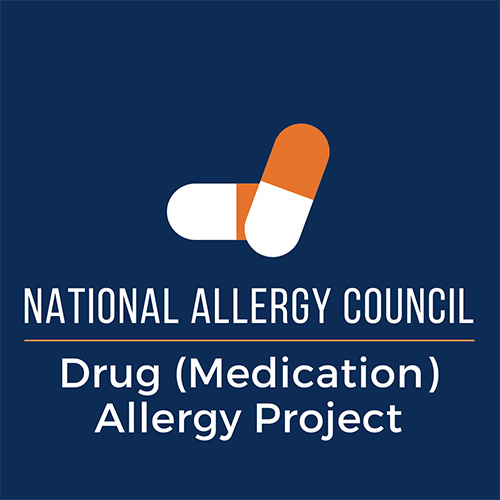Standardising drug allergy management
 Many people are considered to be allergic to one or more drugs, most commonly antibiotics, usually because they have had adverse symptoms or a reaction whilst taking the drug. In some cases, this is valid, and the drug should be avoided. However, in many cases the person is not truly allergic because the symptoms were not actually caused by the drug, but rather the illness they had at the time (e.g. virus). Furthermore, the perception of allergy might be based on childhood reactions that are no longer relevant, or on entirely spurious information (e.g. the wrong drug, or a family member with allergy).
Many people are considered to be allergic to one or more drugs, most commonly antibiotics, usually because they have had adverse symptoms or a reaction whilst taking the drug. In some cases, this is valid, and the drug should be avoided. However, in many cases the person is not truly allergic because the symptoms were not actually caused by the drug, but rather the illness they had at the time (e.g. virus). Furthermore, the perception of allergy might be based on childhood reactions that are no longer relevant, or on entirely spurious information (e.g. the wrong drug, or a family member with allergy).
Confirmation or clarification of drug allergy reduces costs by allowing basic, safe and cheaper drugs (particularly antibiotics) to be used in those who are not allergic, which might otherwise be avoided unnecessarily. It prevents complications, results in shorter hospital stays, reduces readmissions and reduces the rate of bacterial antimicrobial resistance (in the case of antibiotics) in the community.
Developing minimum standards will help to standardise clinical practice and optimise patient safety.
Content updated February 2021

